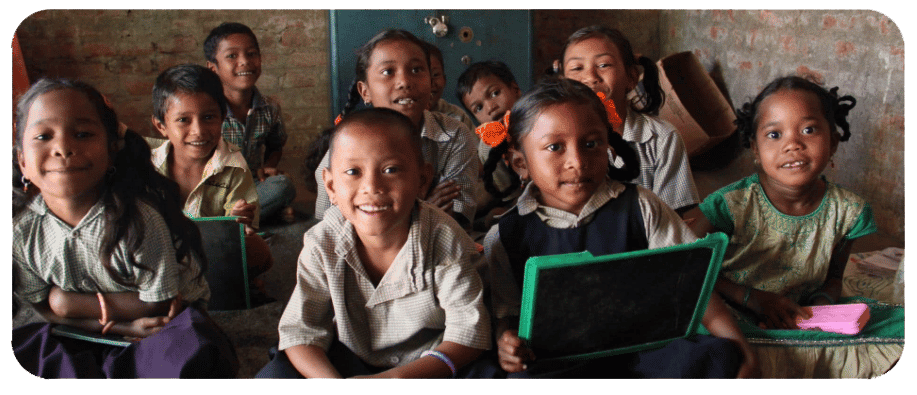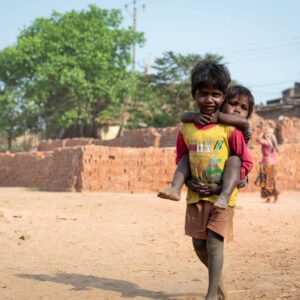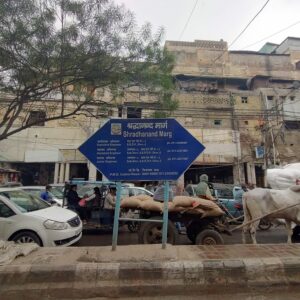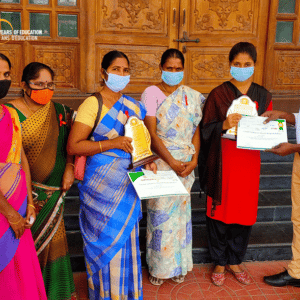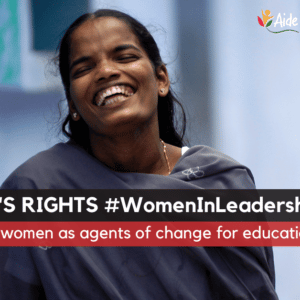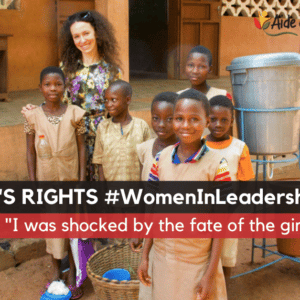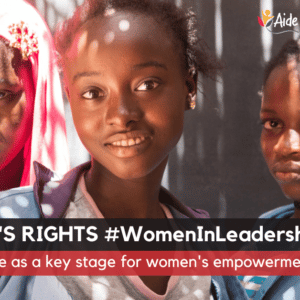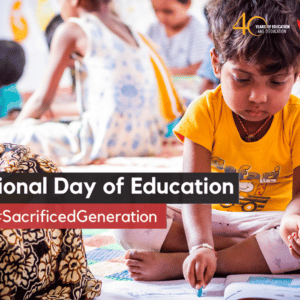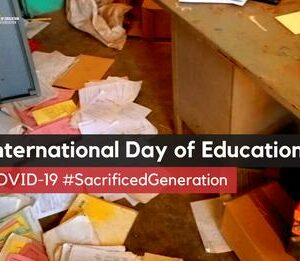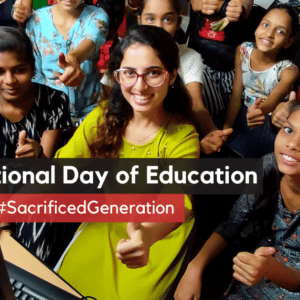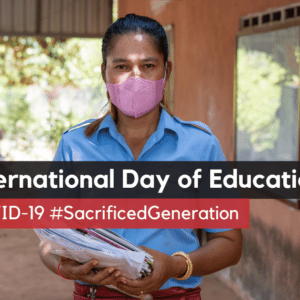Libraries and books are a source of learning and escape for the children of GB Road, born to female sex workers. Far from the nightmare of their daily lives, they improve their skills and discover that another world is possible through education. Meet Lalit, who in a few months at the reception centre opened by Aide et Action and Prayas in New Delhi, was able to learn to read.
Lalit is one of the many children of GB Road, one of the most notorious streets in New Delhi, India, for its brothels and its many sex workers. Her mother herself is one of the sex workers, trapped in the wire mesh cells where they are exploited day and night and not allowed to leave without permission. Like all the other women in GB Road, Lalit’s mother had only one dream for her son. She wanted to see him fulfil his dreams and be proud of him. She therefore did not hesitate to enrol him in the reception centre set up by Aide et Action and its partner to take care of the children of sex workers in GB Road.
Learning to read and escape
When Lalit arrived at the centre, he could not read or understand a story. For weeks and months, the centre’s educator read him books. Then one day, Lalit started to pick up books on his own, to decipher words and his understanding of the language improved. “Lalit loves the library and enjoys books very much! He makes a maximum effort and does not hesitate to ask for help if he has difficulties in understanding the content. His reading skills have improved a lot in a year,” says educator Anam. This improvement can be seen in almost all the children in the centre’s care. Books are a gateway to knowledge: they offer children the opportunity to learn while having fun, to escape, and to aspire to a better life.
Books as a link to communities
However, the COVID-19 pandemic and the social restriction measures that accompanied it almost put an end to all this progress, preventing the children from attending the centre for several months. The project team was determined to keep the library functional. They decided to deliver books directly to the children. This not only entertained the children and brought them a little joy, but above all kept them active in their learning. Online reading sessions were also organised every week. These sessions were an opportunity to share and support the children and their families during a difficult period. The project team mobilised to provide families with basic resources (food kits, health kits and other basic needs), which enabled them to survive for several months.


